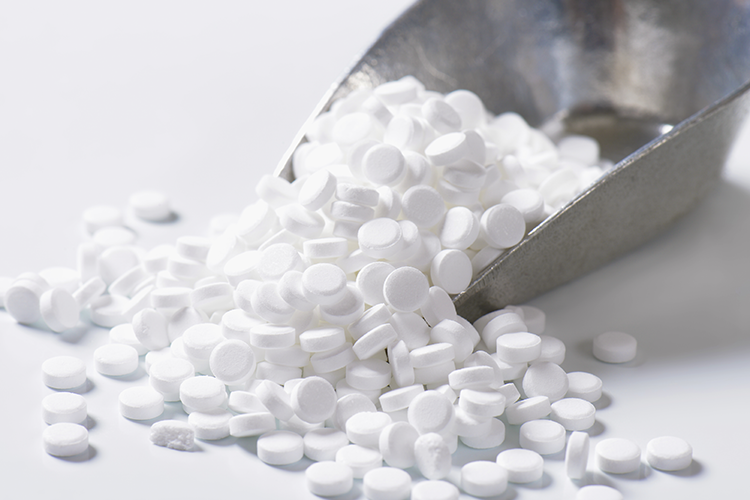Blog
Artificial sweeteners may affect blood sugar
We have been directed in the past to opt for the diet drinks or use artificial sweeteners when wanting (or needing) to replace added sugars and manage blood glucose levels.
But emerging research indicates that artificial sweeteners may not be helping keep blood sugar under control, via impacts to our glucose absorption mechanism and gut hormones.1
Not great news when wanting to manage or reduce the risk of type 2 diabetes.
With 27 healthy participants, a double-blinded randomized clinical study undertaken by the University of Adelaide compared the impact of a placebo with non-caloric artificial sweeteners (NAS) (sucralose and acesulfame-K) on blood glucose control mechanisms and populations of the intestinal microbiome. Each was taken in the form of capsules, 3 times per day, before meals for two weeks.
The 27 participants in the trial were not deemed to be high consumers of NAS prior and all had a similar response to glucose.
Now, compared with placebo under trial conditions, those in the NAS group – who were instructed to consume the equivalent of a whopping 1.5L of diet drinks per day – experienced:
- After food, a 24% increase in glucose absorption and blood glucose levels
- Reduced insulin levels
- Reduced levels of gut hormone, peptide GLP-1 (which, under normal circumstances, acts to limit the rise in blood glucose after meals).
As noted in a press release, none of the measures were altered in those subjects who were given a placebo.
“This study supports the concept that artificial sweeteners could reduce the body’s control of blood sugar levels and highlights the potential for exaggerated post-meal glucose levels in high habitual NAS users, which could predispose them to developing type 2 diabetes,” the study authors concluded.
The findings were presented at the European Association for the Study of Diabetes in Lisbon, Portugal, with the full study yet to be published.
Being small study, it is a bit early to state if this is a direct cause and effect relationship between artificial sweetener consumption and increased risk for type 2 diabetes. More research is already underway.
But it raises the question as to whether these should be recommended for people in place of added sugars.
When artificial sweeteners are potentially linked to weight gain, impacting gut health, or driving us to consume more, shouldn’t we all be trying instead to focus on reducing our consumption of all things super sweet to then increase our palate’s sensitivity to sweetness, and consuming more real food?
We think so 🙂
By Angela Johnson (BHSc Nut. Med)
References:
- European Association for the Study of Diabetes (EASD) 2016 Annual Meeting. September 14, 2017, Lisbon, Portugal. Abstract 193












